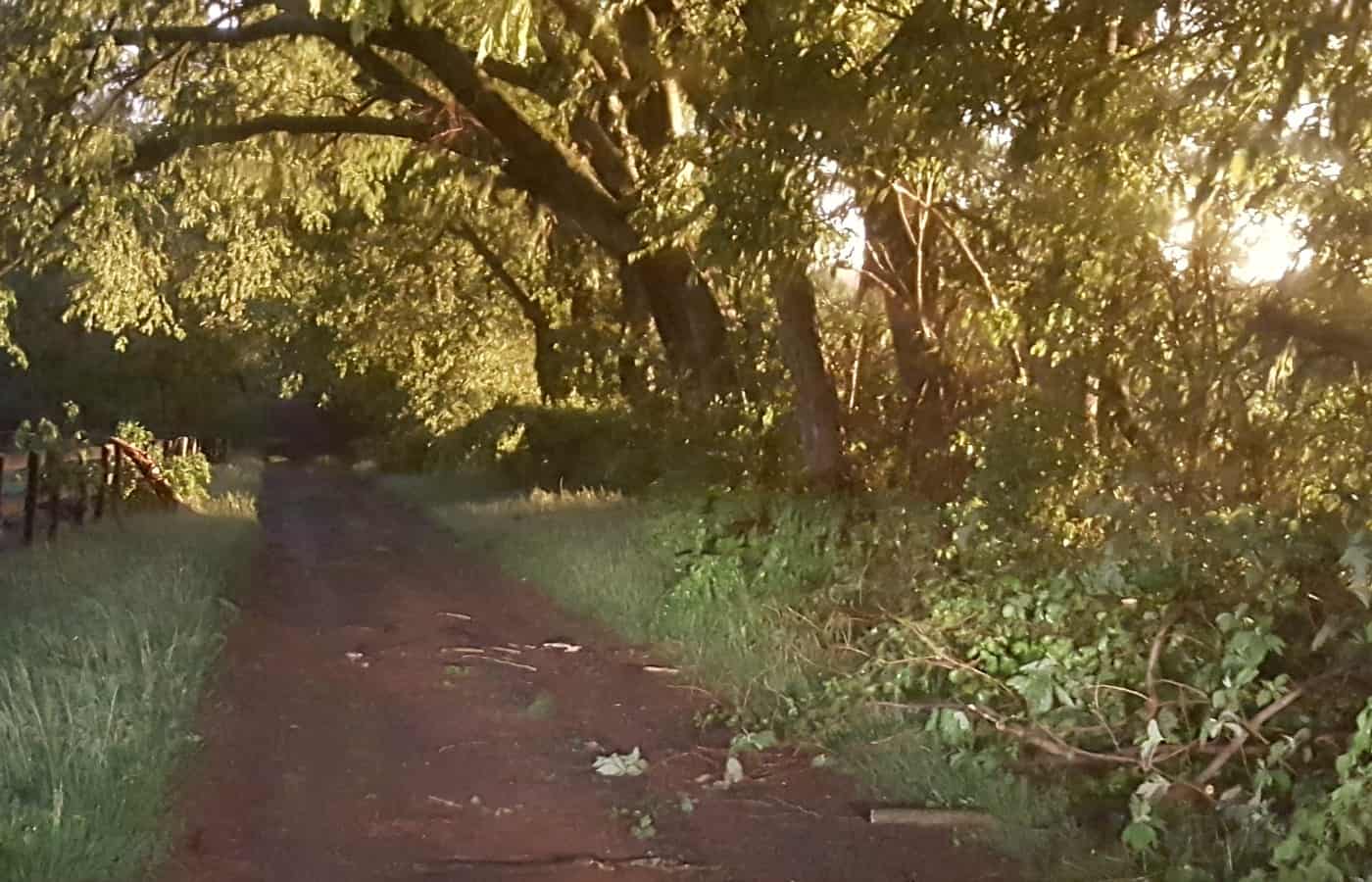Driveway Construction – A Quick Overview

Unless you own your own heavy equipment, (and are a certified land disturber, http://www.deq.virginia.gov/ConnectWithDEQ/TrainingCertification/RLDGeneralInformation.aspx you’ll most likely have someone else actually build your driveway. But knowing some of the essentials of construction and maintenance can help with siting, and help you make more cost effective decisions. Don’t forget your state land use or encroachment permit, from your department of transportation, the company that does your driveway may or may not be the same operators who do the site work work for your house.
You’ll need some sort of driveway installed for the initial construction equipment – during construction your driveway will be dealing with heavy equipment, dozer, dump trucks for debris hauling and for bringing in gravel, and they don’t want to get stuck. And the construction driveway will most likely be required to have some form of erosion control.
When construction is complete, the construction driveway is either removed, or it’s landscaped and resurfaced to become the residential driveway.
To Pave or Not to Pave
Most rural driveways aren’t paved, simply because they tend to be so long, but there are often paved areas, typically near the house. Paving your driveway is something that you can do later on, after you’ve recovered from the economic cost of construction.
You may find it makes more sense to have different materials for different parts of your driveway – asphalt or concrete for a play area, for instance.
Some aspects of your driveway will be so limited, that you’ll have no choice but to go with them. You may have several options in other areas, and you may want to put in the “hooks” now, for future expansion, if you’re pretty sure of your plans. For instance, if you know that you’ll be dividing off a lot for a tenant house, it may make sense to install the culverts when you do the rest of your driveway, even though it may be years before you use it.
Driveway Surface Materials
Paved or unpaved? Or something else? Like grass pavers.
Concrete and asphalt are usually cost-prohibitive on long rural driveways, but it doesn’t hurt to get a price quote. These folks have an excellent write-up on asphalt drives. http://www.vaasphalt.org/driveways/
While paved is expensive, gravel tends to be dusty, and has to be graded and new stone added. One of the good things about a gravel driveway is that they’re a little more forgiving in the event of a light snow.
This guy has a pretty good write-up on gravel driveways. – https://www.askthebuilder.com/build-a-gravel-driveway/
The price continues to come down on some new, and some not-so-new paving technologies, like these grass pavers. https://www.thisoldhouse.com/how-to/how-to-build-grass-driveway
What about lighting, or any power requirements along the driveway? An electric gate, maybe? And be thinking about lighting along the walkway from parking area to home entrance
Driveway Maintenance
Not only will your driveway surface will need maintenance, and the berm alongside will need maintenance as well. By making the width of the shoulder along your driveway double the width of your mower deck, you’ll make mowing simpler.
Snow removal – In Virginia, some years you won’t need to worry about it at all. Some years, you’ll have two feet of it. Have a plan in place well in advance of a major storm. Many farmers provide contract snow removal services to the state, and may not be available to assist neighbors.
Down trees and limbs are just a fact of life. Owning, and being able to proficiently operate, a small chainsaw is in order if you’re living in a rural area. Any dealer selling chainsaws can provide you with training, and the proper safety gear. (We own Stihl outdoor power equipment, and I refer to their videos anytime I have a question about safety or maintenance.)
Driveways aren’t just about ingress and egress (to use the legal term). They’re part infrastructure, part recreation area, part personal statement. And knowing the basics of driveway construction and maintenance may help you get to the best materials, and best deal, for you and your new home.

0 Comments